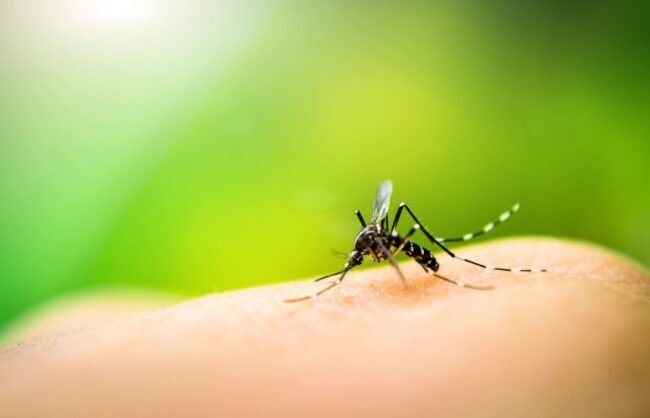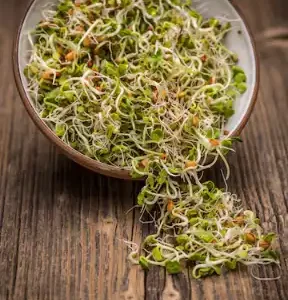On World Malaria Day 2024, prioritizing quick recovery from malaria involves a multi-faceted approach. Firstly, adherence to prescribed medication is paramount. Completing the full course as directed by healthcare providers ensures the eradication of the parasite from the body. Adequate rest is equally vital, allowing the body to conserve energy and focus on combating the infection. Hydration plays a crucial role in recovery, with ample fluid intake aiding in the elimination of toxins and maintaining electrolyte balance. Nutritious meals bolster the immune system, supporting the body’s defense mechanisms. Managing symptoms with appropriate medications under medical guidance alleviates discomfort. Additionally, ongoing vigilance against mosquito bites remains essential post-recovery to prevent re-infection. By following these health tips diligently, individuals can expedite their recovery from malaria and safeguard against future bouts of the disease.
Tips for Recovery :
- Rest: Malaria can leave you feeling weak and fatigued. Allow your body ample time to rest and recuperate. Avoid strenuous activities and prioritize sleep to aid in the healing process.
- Hydration: Malaria can cause dehydration, especially if you have a fever. Drink plenty of fluids such as water, electrolyte solutions, or coconut water to replenish lost fluids and prevent dehydration.
- Nutritious Diet: Eating a balanced and nutritious diet can help support your immune system as it fights off the malaria parasite. Include plenty of fruits, vegetables, lean proteins, and whole grains in your meals to provide essential nutrients for recovery.
- Medication Adherence: If you’ve been prescribed medication for malaria, ensure you take it as directed by your healthcare provider. Complete the full course of treatment even if you start feeling better, to prevent a resurgence of the infection.
- Manage Symptoms: Over-the-counter medications can help alleviate symptoms such as fever, headache, and muscle pain. Consult your healthcare provider for appropriate medications and dosages.
- Follow-up Care: After recovering from malaria, schedule a follow-up appointment with your healthcare provider to monitor your progress and ensure that the infection has been fully treated. They can also address any lingering symptoms or concerns you may have.
- Prevent Re-infection: Even after recovering from malaria, continue to protect yourself against mosquito bites to prevent re-infection. Use mosquito nets while sleeping, apply insect repellents, and wear protective clothing when outdoors, especially during peak mosquito activity times.








